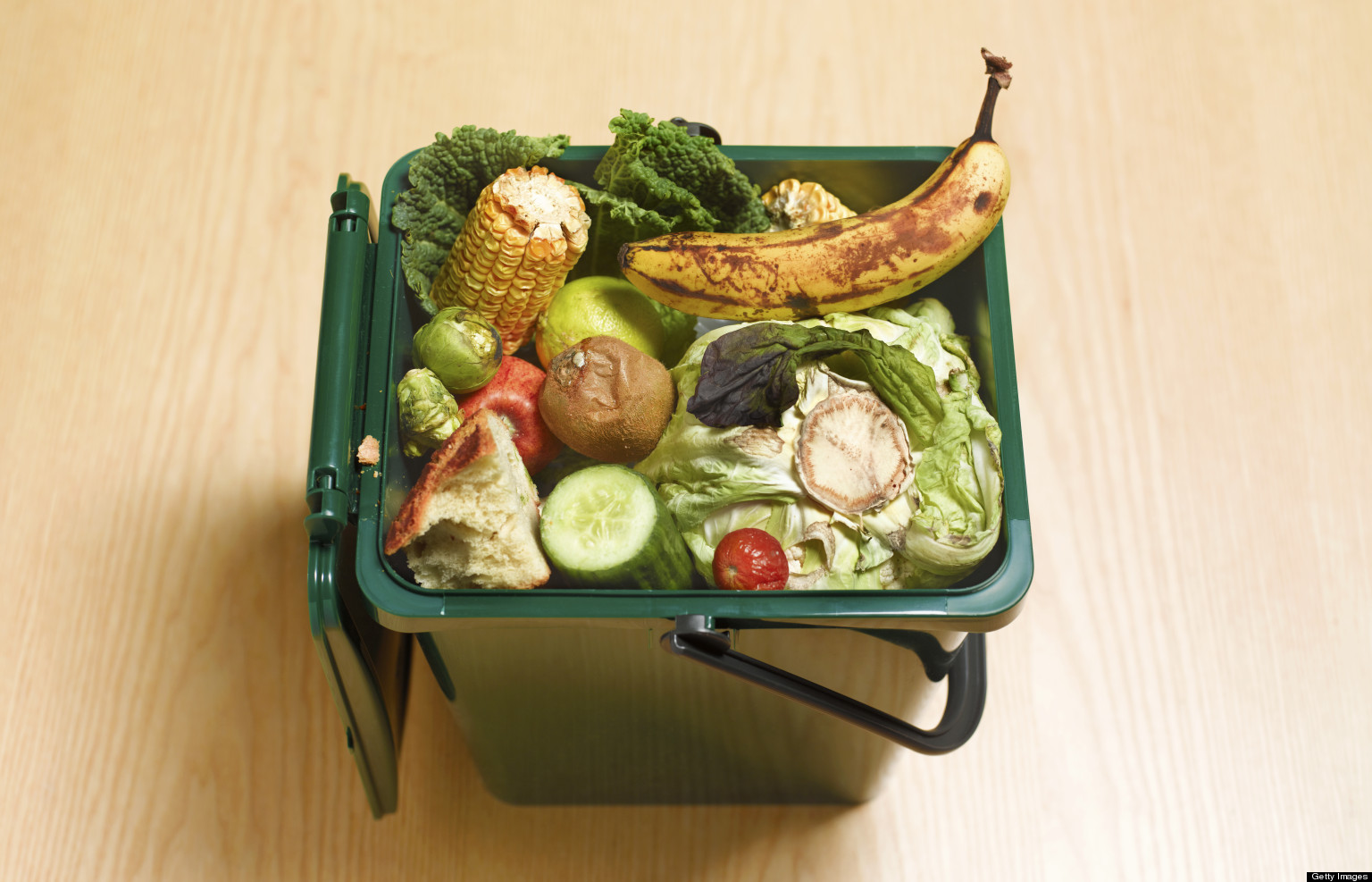

The trend of composting has hit the South Los Angeles-Inglewood region and “going green” has never been so popular.
Composting is the organic process where excess food waste is recycled, decomposed and used as fertilizer to grow plants. Food is also used as a byproduct for soil amendment. According to environmentalists, horticulturalists and agriculturalists, composting is absolutely essential in organic farming for fruits and vegetables. It also falls under a subculture for “going green” environmentalism.

Going green means “pursuing knowledge and practices that can lead to more environmentally friendly and ecologically responsible decisions and lifestyles that both protect the environment and sustain its natural resources. Going green is a broad process that covers recycling, climate change, conservation, energy, environment, organic food, natural resources, water, global warming, transportation and pollution.
Within the city of Inglewood residents are able to compost their waste by dumping their food in the green waste can offered by the city. According to the Inglewood city website, it is not only cheaper to compost, but also cheaper. Besides this, composting improves the soil and the overall vegetation of plants.

According to the Inglewood Department of Conservation Division of Recycling, “each day the average American throws out almost 5 pounds of trash.” Most trash used to be buried in landfills, but over time the landfills have filled up. Recycling and composting are easy ways to reduce the amount sent to overcrowded landfills. Each year the city has over 50,000 tons of trash from landfills, which ultimately affect the climate.
Aside from taking up space, landfills pose a serious threat to the environment. Landfills are a property set aside for solid waste. Usually, municipal waste (waste from residents) as well as hazardous waste is collected for a landfill. Some waste materials are toxic dangerous to the environment. The landfill, which sustains the waste, may cause cancer, birth defects and other genetic mutations. Harmful chemicals from the base are released in the air, which can cause harmful effects such as climate change and skin contamination.

Composting reduces waste by lessening the use of landfills. Based on a 2006 Waste Management Report, existing landfills have been estimated to have less than 20 years left at this time. There is more than 34 million tons of food waste generated each year, and U.S. food waste is the largest contributor to landfills and incinerators. By composting, the city can preserve landfill areas and expand on areas for growing food.

The organic waste that sits in landfills builds methane and composting can contribute in slowing down the climate change of Los Angeles.
AS mentioned earlier fertilizer can be damaging to whole ecosystems. Rain water washes the pesticide-filled fertilizer into lakes, rivers and oceans. As the soil moves, it damages aquatic organisms as the synthetic fertilizer reaches an ecosystem (process called eutrophication), it greatly demolishes massive populations of existing life.
Unlike its synthetic nemesis, composting creates natural fertilizer that not only increases the yield of crops, but also, promotes life such as suppressing disease in plants, improves flavor and invites livestock. The organic process creates many environmental and social benefits; and it has transitioned in the workplace.

The city of Inglewood generates over 120,000 tons of solid waste every year. More than half of the amount of waste comes from businesses. The Public Works Department of Environmental Services has developed programs to start recycling and requires the city to reduce the amount of waste sent to landfills by at least 50%. The city has also proposed that its businesses to significantly reduce the amount of waste by making double-sided copies, by emailing information, by using ceramic mugs for coffee, by reusing package material and purchasing products that can be recycled.
Aside, from recycling and composting, there are several ways to go green and to save your money in the process. First, you can conserve your energy and lessen the price of the bill by setting your thermostat a few degrees cooler, use natural lights, and wash clothes in cold water.
In order to conserve water, take shorter showers, reduce the flow of water on the showerhead and be conscious of running water while brushing your teeth.
Of course, investing in a bike saves money spent on parking, maintenance; plus, it reduces the occurrence of carbon emissions that are released in the air due to the use of driving a car.
Additionally, purchasing a water purifier as opposed to bottled water. Not only is it more expensive, but also generates container waste. By keeping electronics (batteries, computers and cell phones) out of the trash because E-waste contains mercury and other toxins that are harmful to people as well as the environment. Lastly, make your own cleaning products such as products like baking powder, lemon and vinegar can increase the air quality of your home.